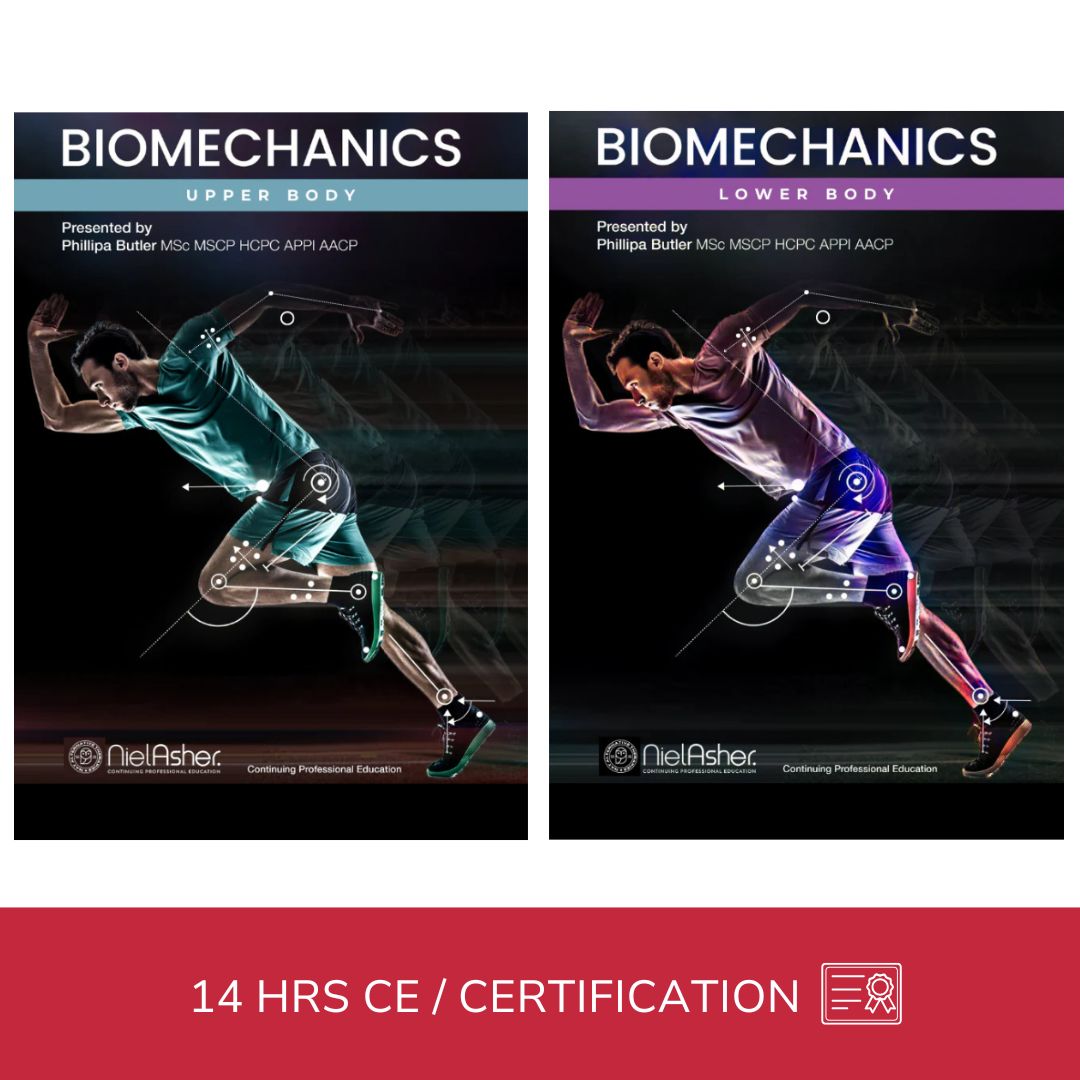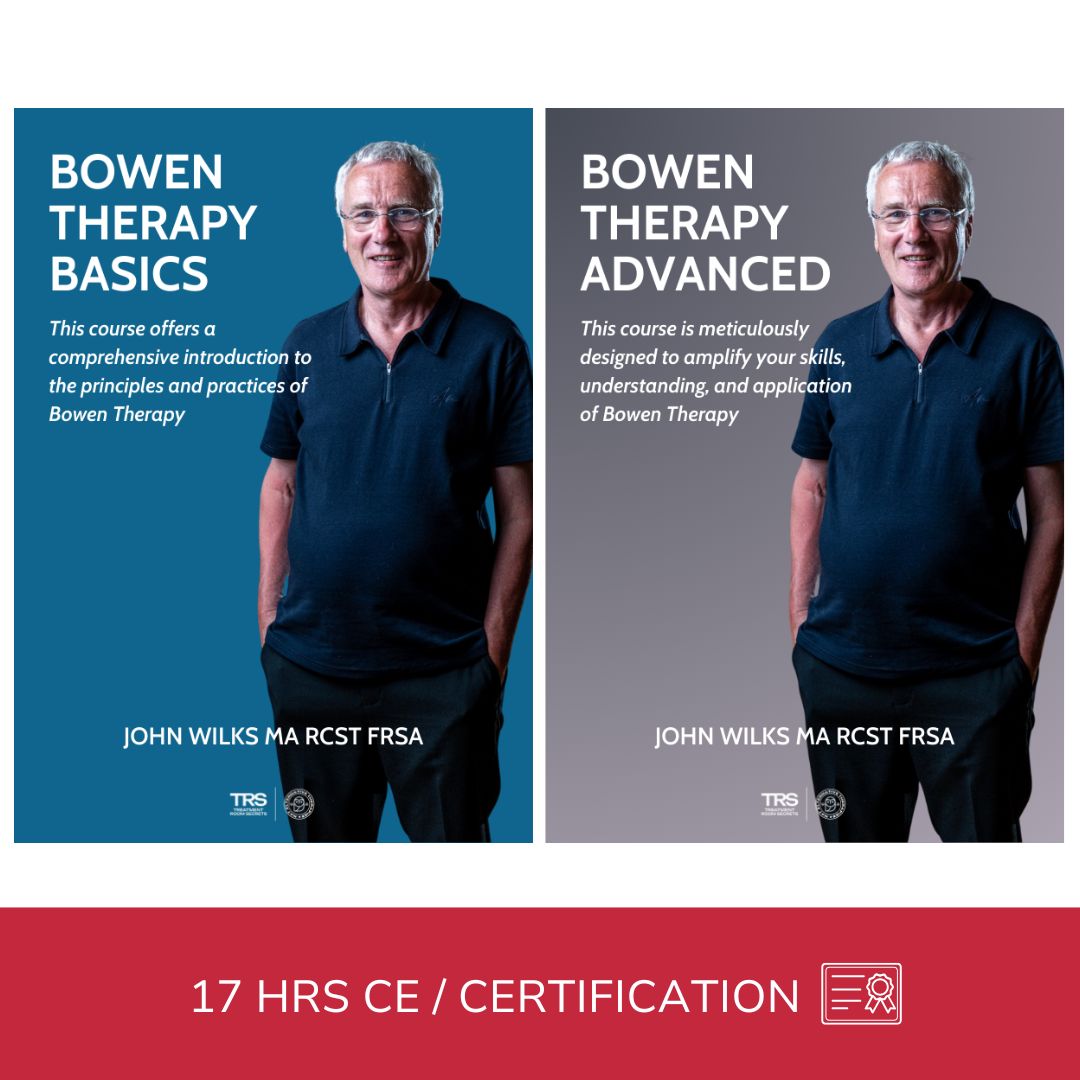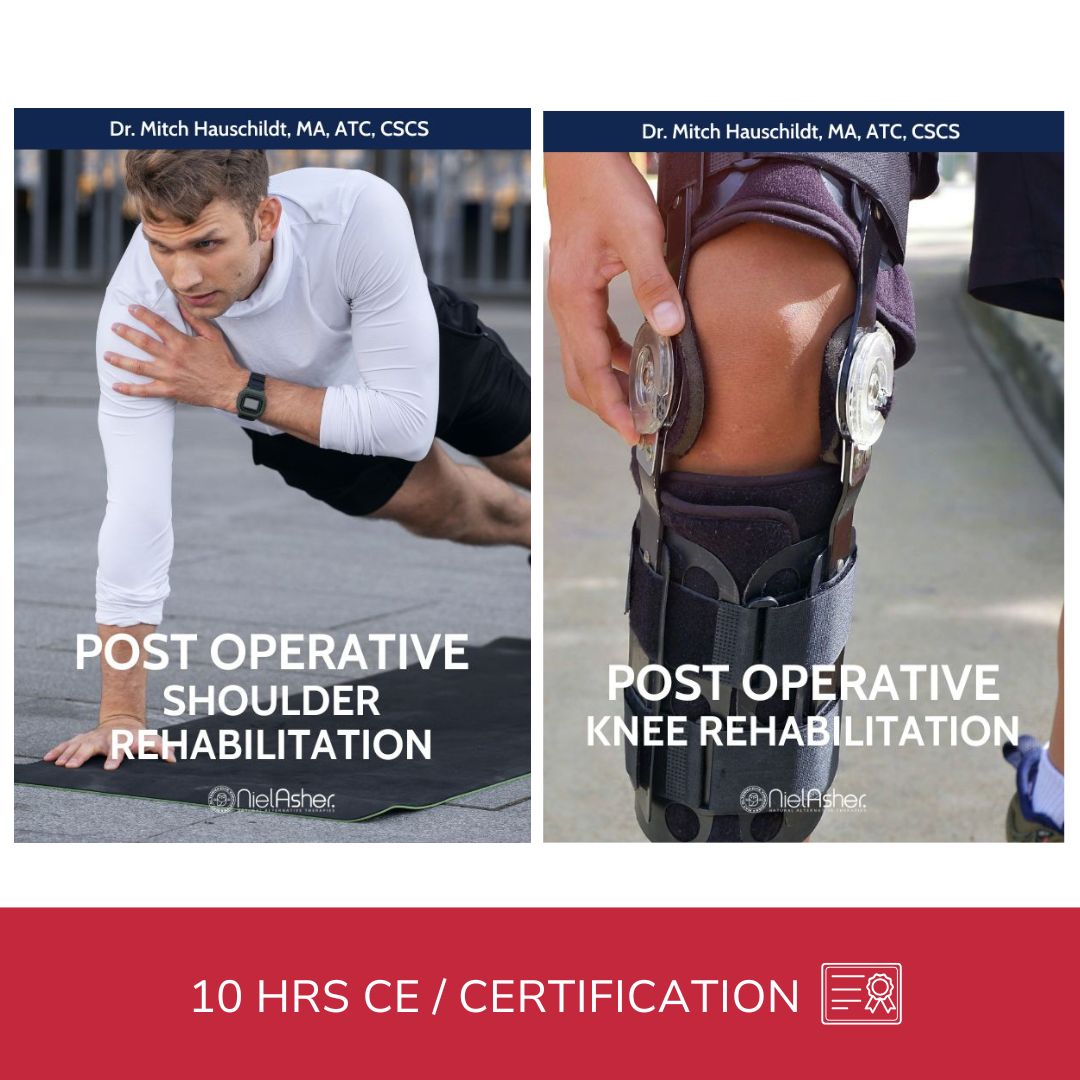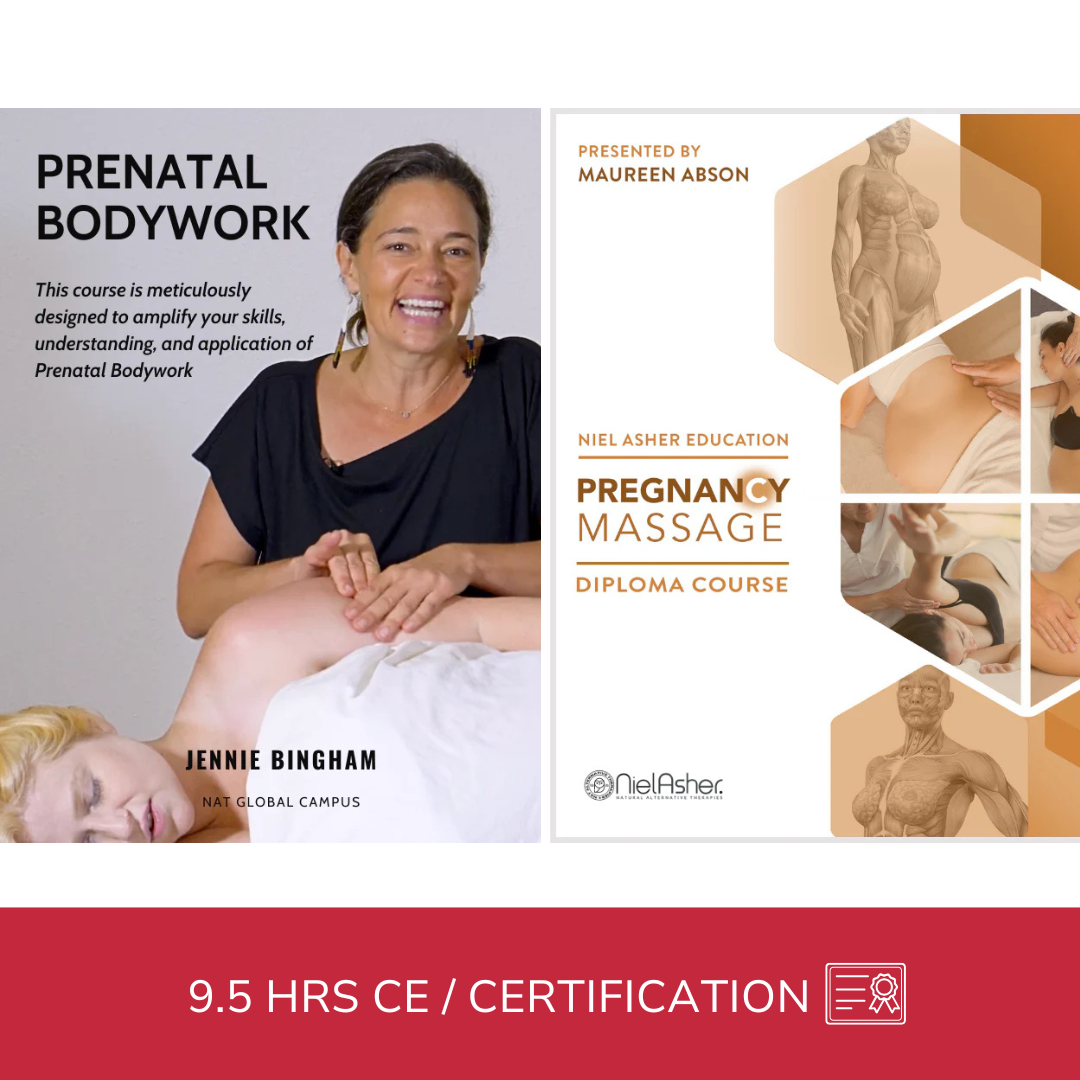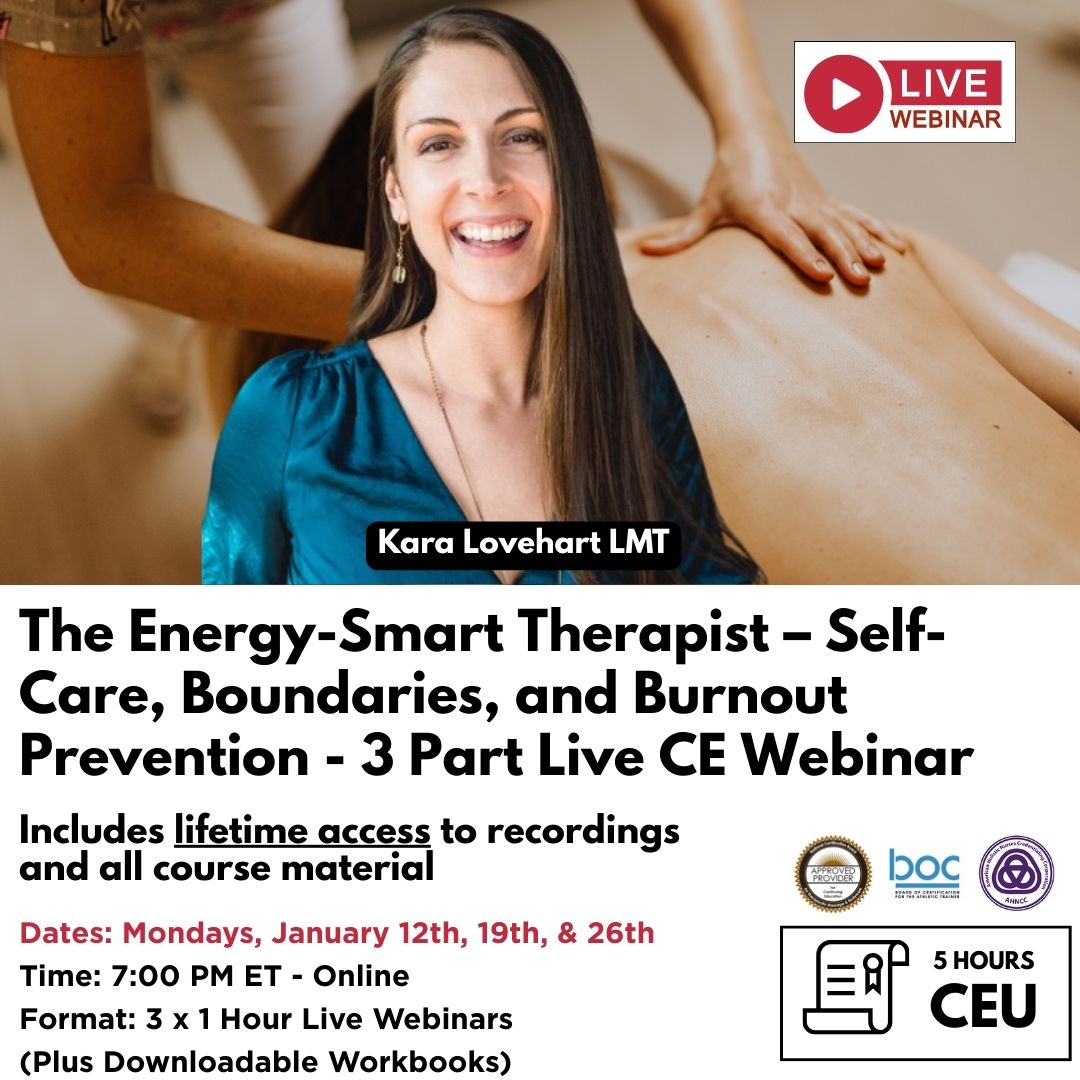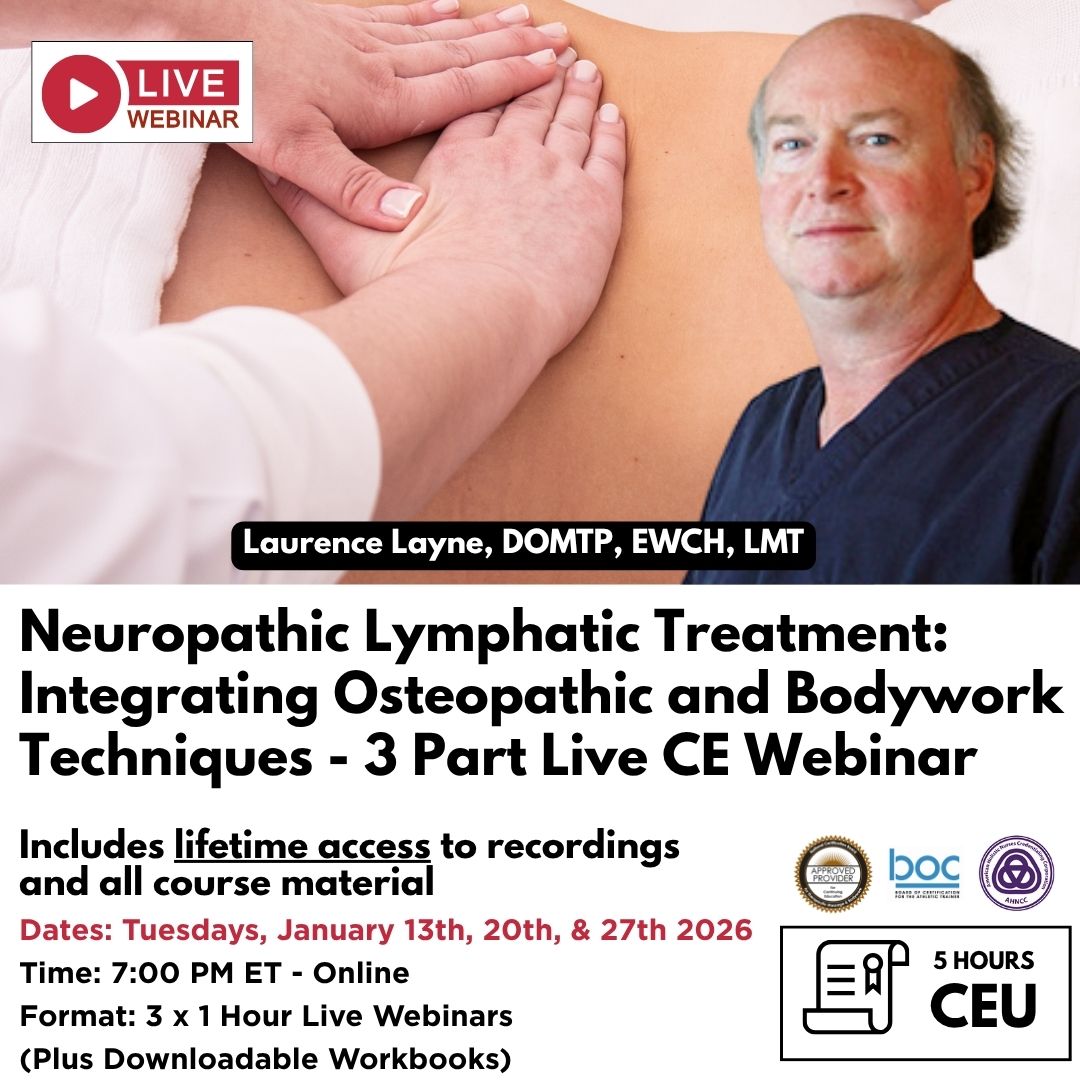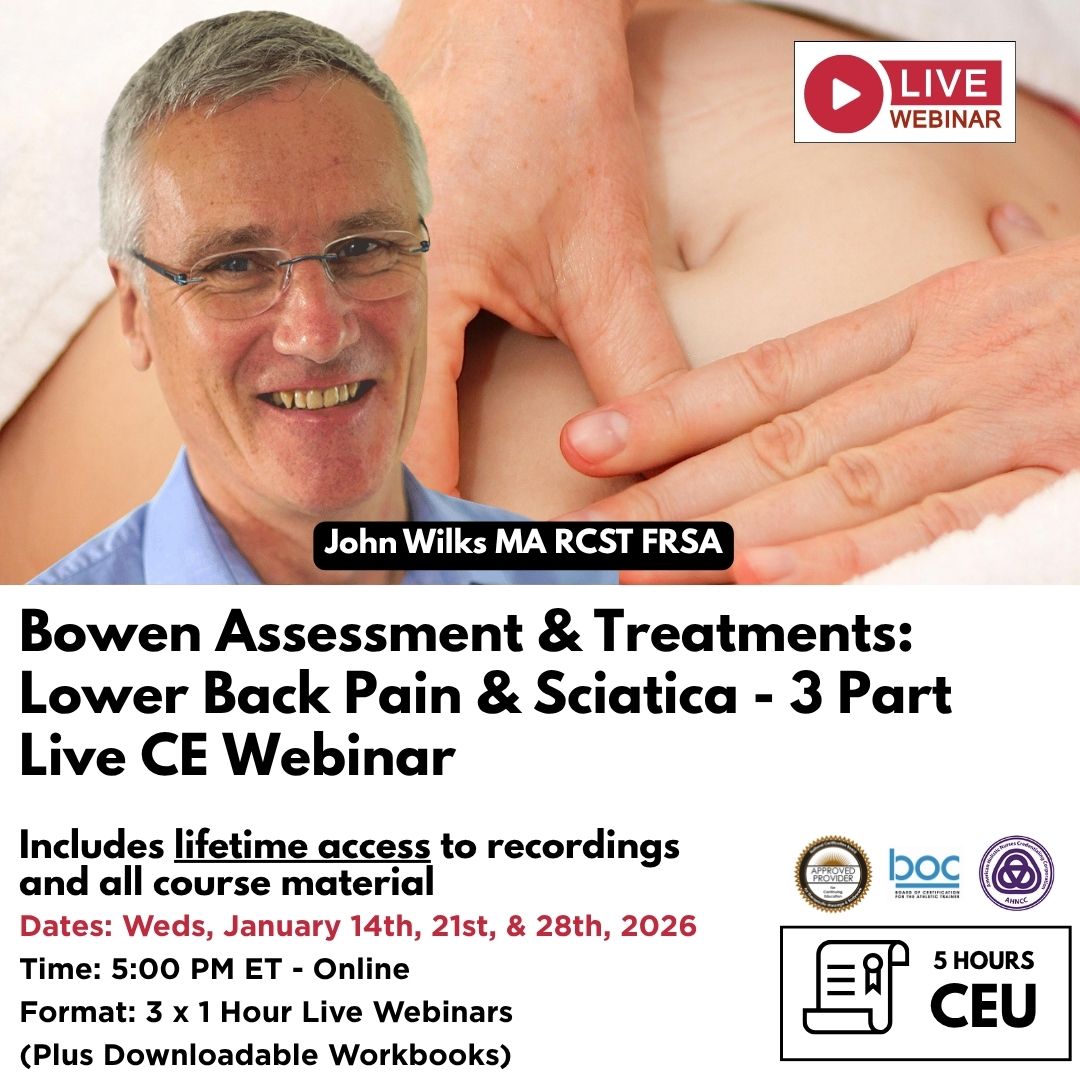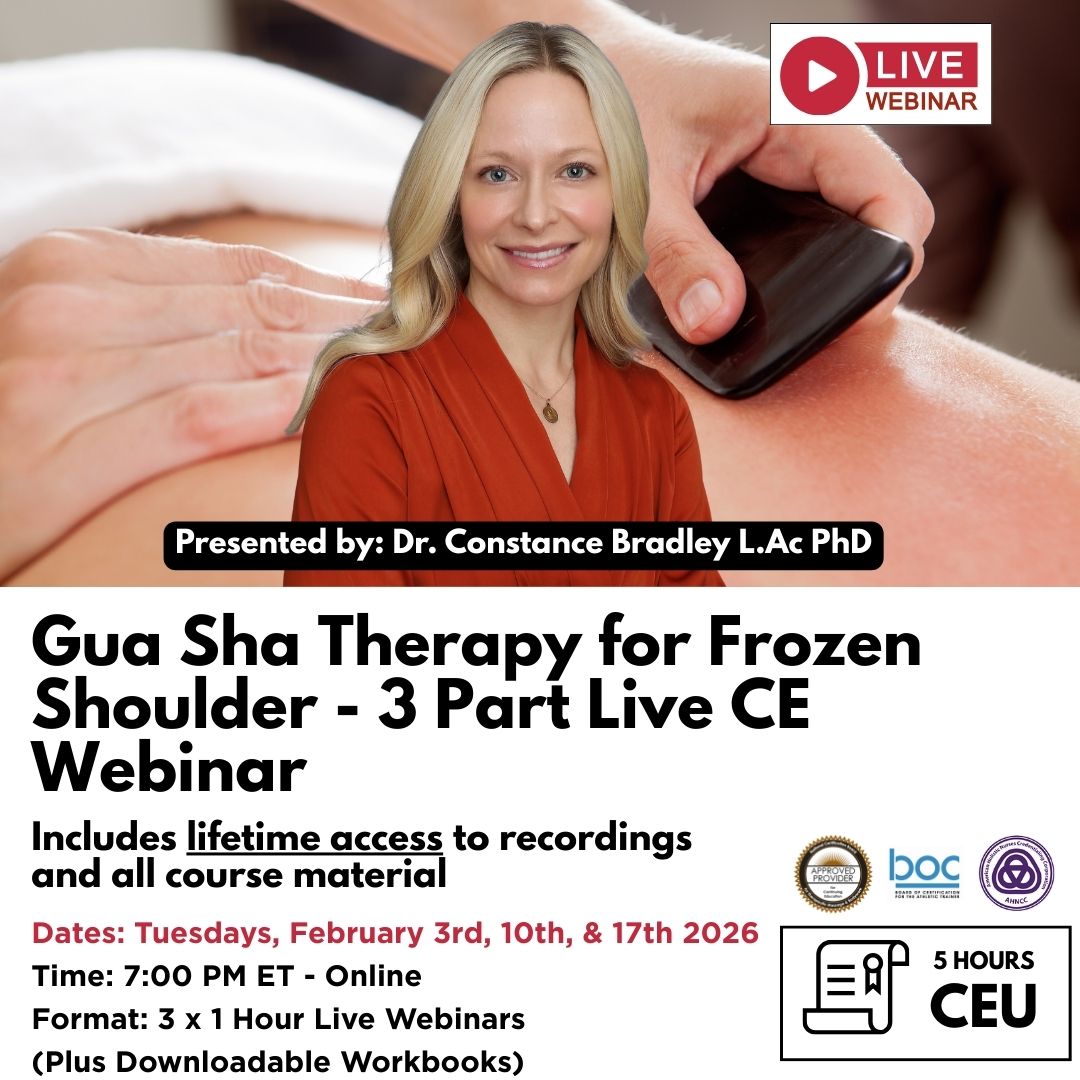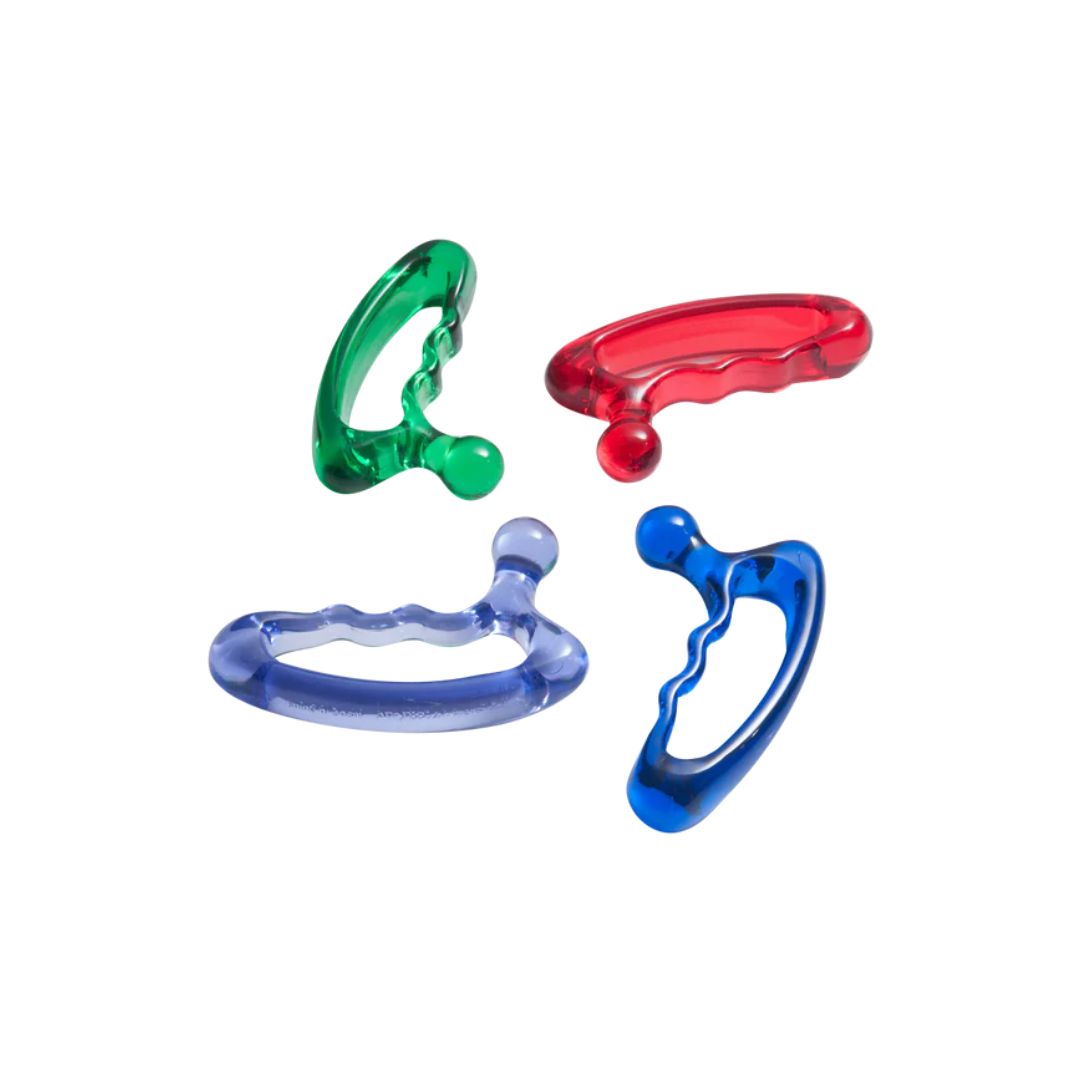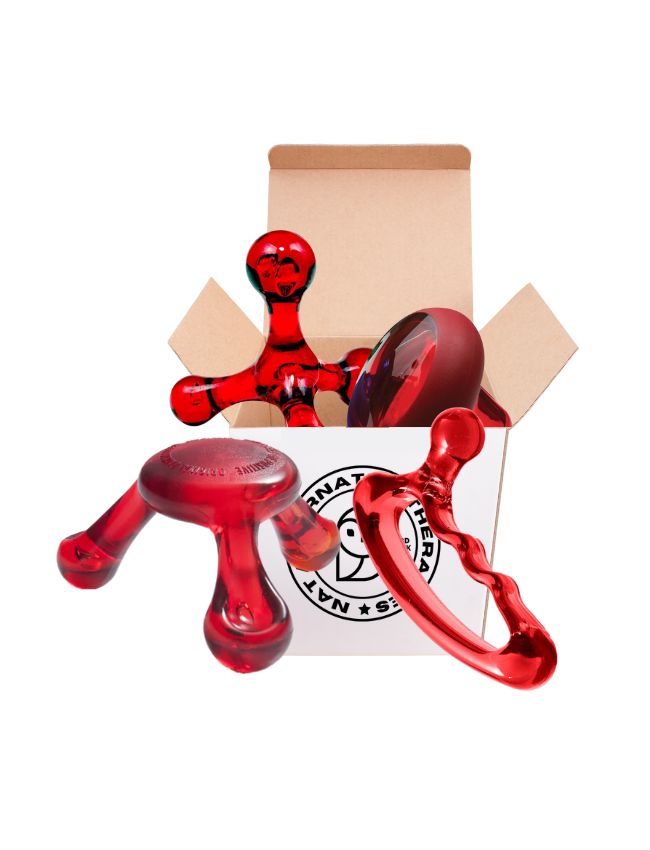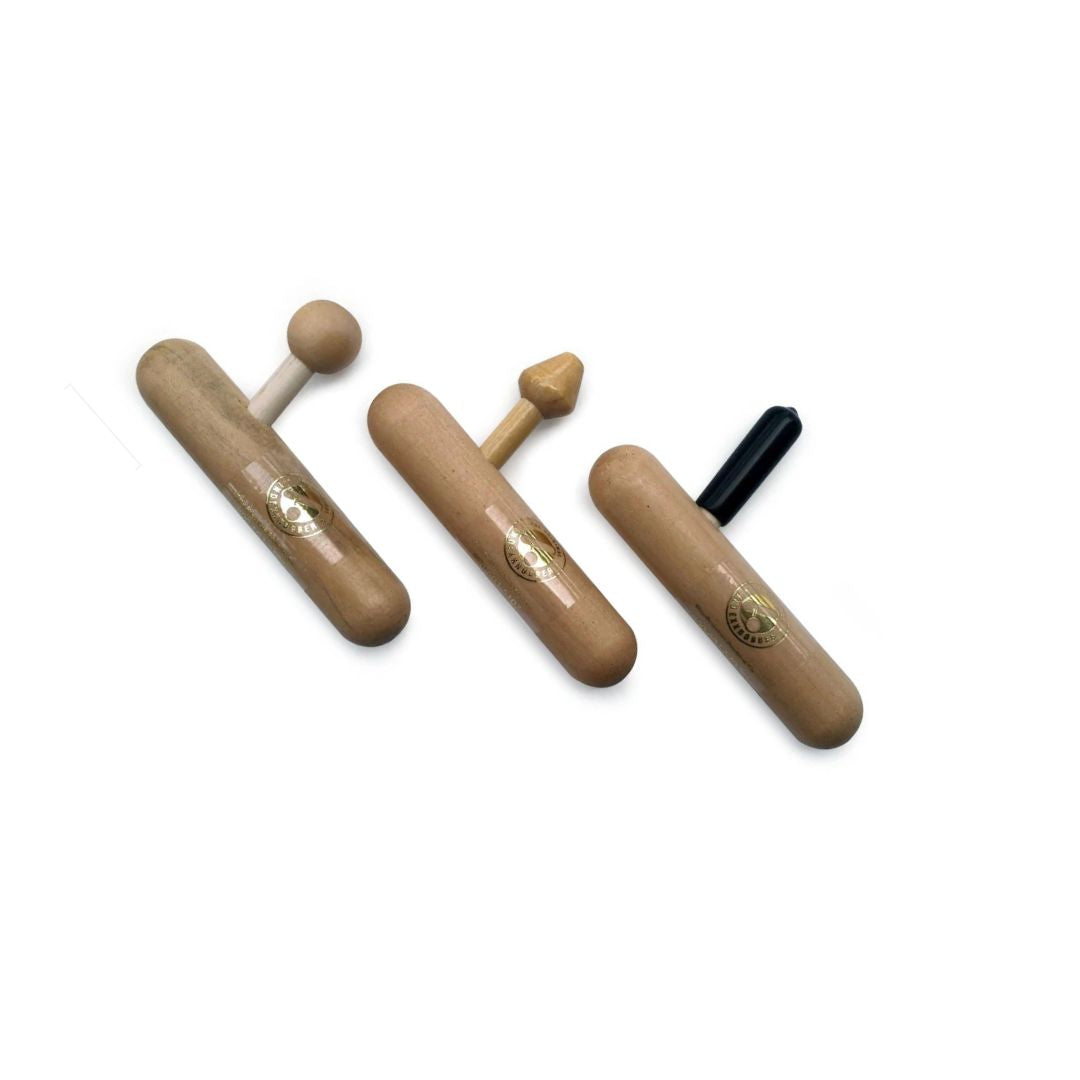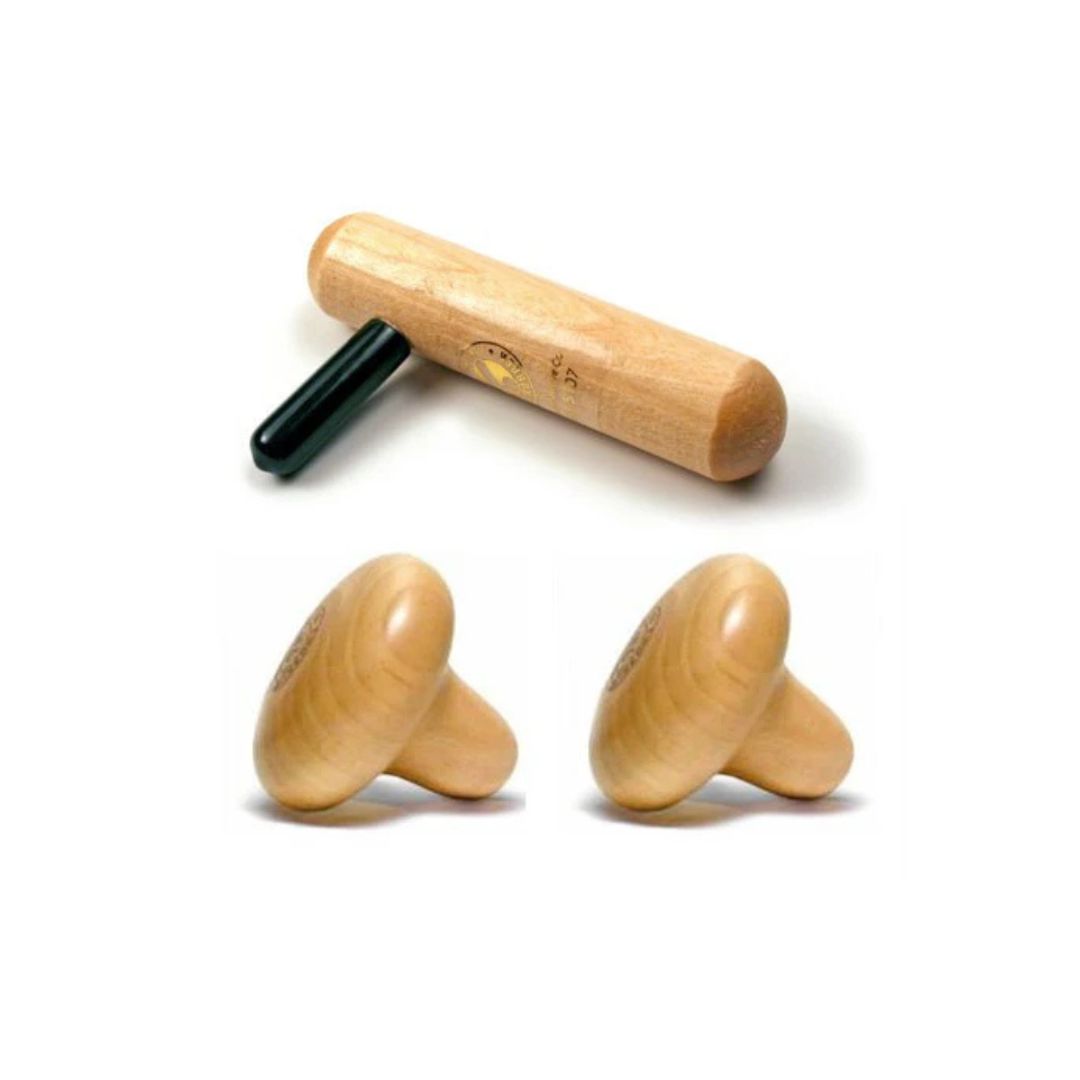Trigger Point Therapy - Shoulder Impingement
John Gibbons - Techniques for treating shoulder impingement
Rotator cuff (or shoulder) impingement syndrome is a very common cause of shoulder pain and can be a precursor to tendonitis or a more serious tear in the rotator cuff
A shoulder impingement occurs when the tendons of the rotator cuff become impinged as they pass through the narrow bony space called the subacromial space within the shoulder joint.
The impingement, or restriction, irritates the tendons causing inflammation and pain. As the inflammation causes swelling of the tendons, the restriction increases, and so too does the rubbing and pain in the tendons.
Without rest and treatment this cycle continues until the tendon begins to get rubbed and can eventually be torn apart.
Risk Factors
People who undertake repetitive motions with their arms raised are most likely to suffer from this. Sports such as swimming or tennis, or occupations such as painting and decorating, working in a warehouse, and nursing increase the likelihood of developing this syndrome.
Sleeping with an arm in an upright position and smoking are also significant risk factors.
Symptoms
With impingement syndrome the pain is persistent throughout the day and will affect everyday activities. Simple things like reaching up behind the back or overhead are likely to cause pain.
Early Intervention
Left untreated, impingement syndrome may result in rotator cuff tendonitis and inflammation of the bursa.
Left untreated for a long period of time, the rotator cuff tendons can be worn away by the constant rubbing so that they thin and may tear completely, leading to other complications.
Treating the condition in the early stages is a much simpler and quicker solution. Many people try to just “work through” the pain.
This means that other areas of the body will take the strain and muscles will be used outside of their normal capacity to compensate.
Biceps ruptures are not unknown as a side effect of a shoulder impingement.
Trigger Points
Impingement often results in the formation of trigger points in the rotator cuff muscles, which remain for some time even after the impingement has cleared.
Trigger points can occur quite quickly, with causes ranging from the ball of the joint being pressed on to the cuff tendon through sleeping awkwardly, to a tweak to the tendon during an overhead shot in tennis.
Actions such as these can cause a small amount of swelling and pain, which can cause temporary muscle inhibition in order to protect the shoulder, increasing the risk of further injury from a change in the abduction cycle.
Trigger points will commonly develop in the broad flat bellies of the supraspinatus and infraspinatus muscles, and the middle fibers of the thick trapezius muscle.
Self Help - Stretching
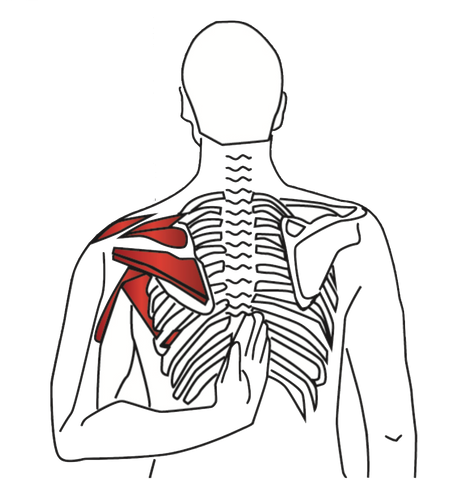
This is a simple but effective stretch that just about everyone can perform daily at home. See details below.
Technique:
• Place one hand behind your back
• Move it up and try to reach between your shoulder blades
Primary muscles being stretched:
Supraspinatus. Infraspinatus.
Secondary muscles:
Pectoralis major. Teres minor. Anterior deltoid. Coracobrachialis.
Injury where stretch may be useful:
Dislocation. Subluxation. Acromioclavicular separation. Sternoclavicular separation. Impingement syndrome. Rotator cu tendonitis. Shoulder bursitis. Frozen shoulder (adhesive capsulitis).
Note: The rotator cuff muscles of the shoulder are often very tight. Perform this stretch very slowly and with extreme caution.
Find a Trigger Point Professional in your area
Dry Needling for Trigger Points
Certify as a Trigger Point Therapist
Trigger Point Therapy Course Packs:
This trigger point therapy blog is intended to be used for information purposes only and is not intended to be used for medical diagnosis or treatment or to substitute for a medical diagnosis and/or treatment rendered or prescribed by a physician or competent healthcare professional. This information is designed as educational material, but should not be taken as a recommendation for treatment of any particular person or patient. Always consult your physician if you think you need treatment or if you feel unwell.
About Niel Asher Education
Niel Asher Education (NAT Global Campus) is a globally recognised provider of high-quality professional learning for hands-on health and movement practitioners. Through an extensive catalogue of expert-led online courses, NAT delivers continuing education for massage therapists, supporting both newly qualified and highly experienced professionals with practical, clinically relevant training designed for real-world practice.
Beyond massage therapy, Niel Asher Education offers comprehensive continuing education for physical therapists, continuing education for athletic trainers, continuing education for chiropractors, and continuing education for rehabilitation professionals working across a wide range of clinical, sports, and wellness environments. Courses span manual therapy, movement, rehabilitation, pain management, integrative therapies, and practitioner self-care, with content presented by respected educators and clinicians from around the world.
Known for its high production values and practitioner-focused approach, Niel Asher Education emphasises clarity, practical application, and professional integrity. Its online learning model allows practitioners to study at their own pace while earning recognised certificates and maintaining ongoing professional development requirements, making continuing education accessible regardless of location or schedule.
Through partnerships with leading educational platforms and organisations worldwide, Niel Asher Education continues to expand access to trusted, high-quality continuing education for massage therapists, continuing education for physical therapists, continuing education for athletic trainers, continuing education for chiropractors, and continuing education for rehabilitation professionals, supporting lifelong learning and professional excellence across the global therapy community.
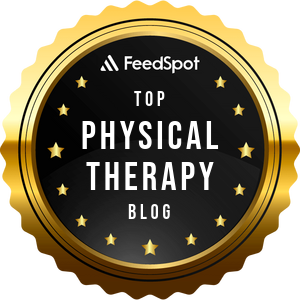
Continuing Professional Education
Looking for Massage Therapy CEUs, PT and ATC continuing education, chiropractic CE, or advanced manual therapy training? Explore our evidence-based online courses designed for hands-on professionals.


